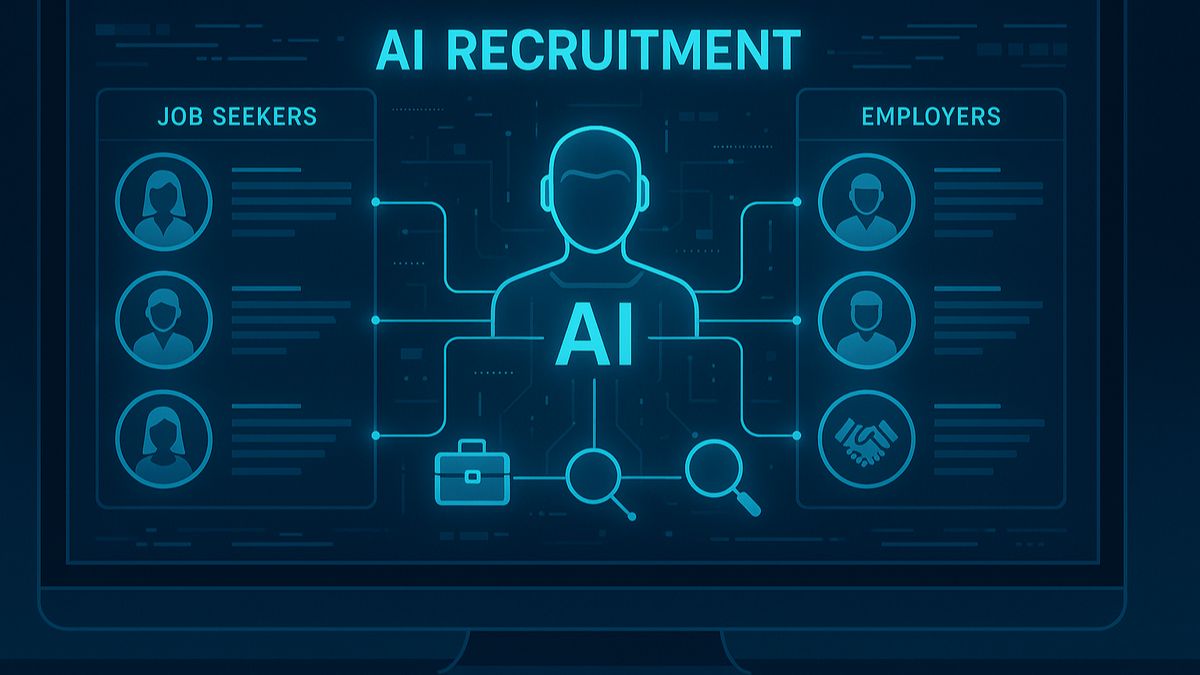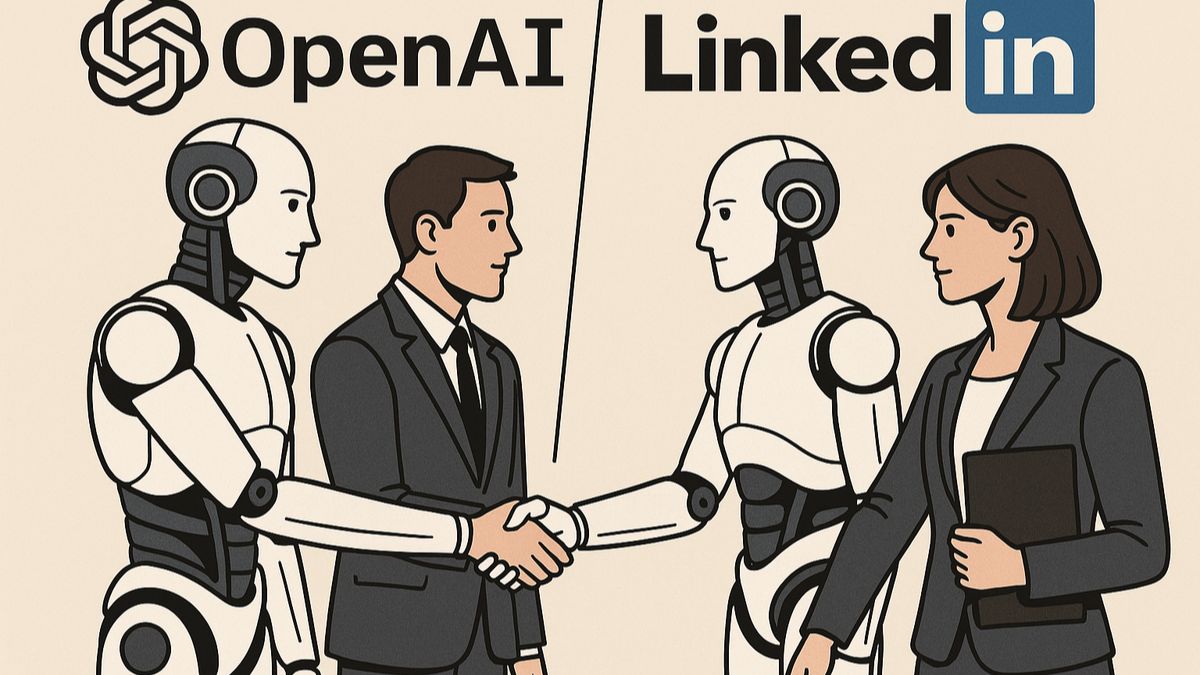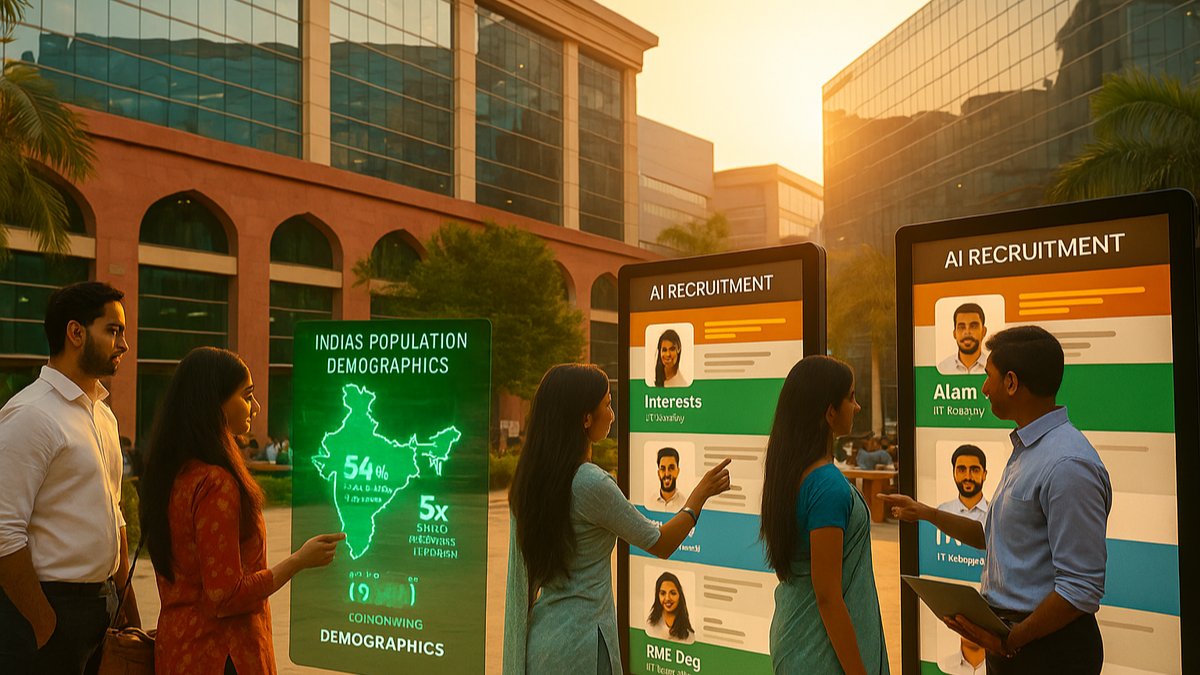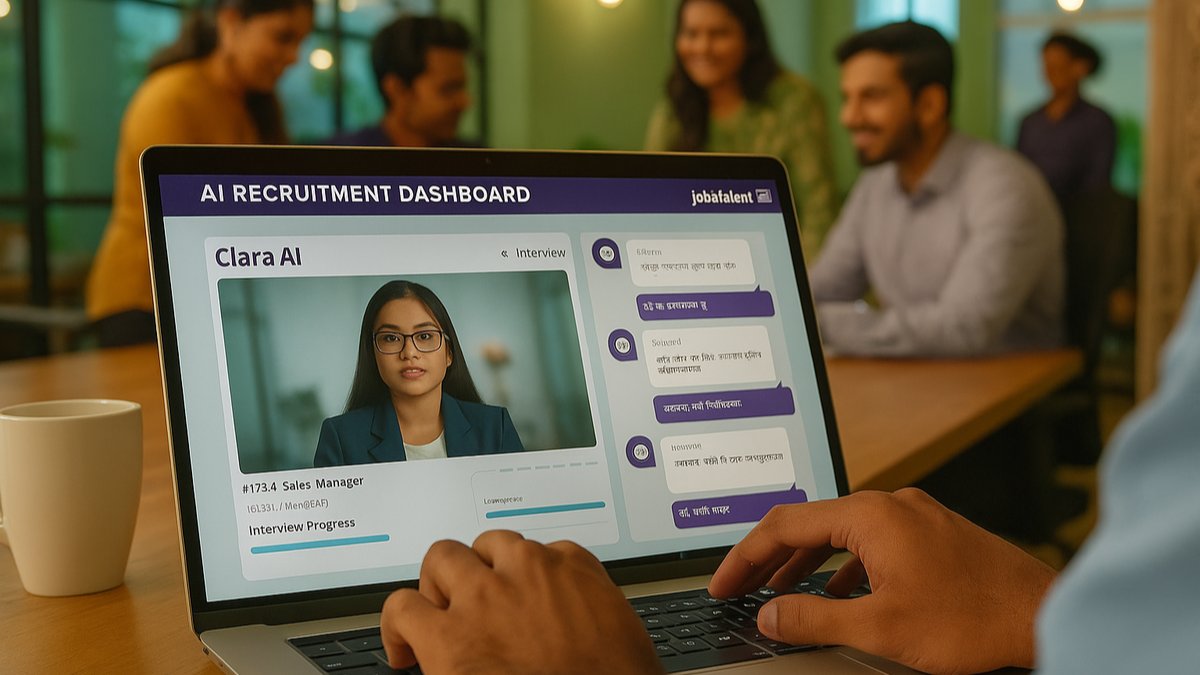The world of recruitment is on the brink of transformation. Artificial Intelligence (AI) is at the heart of this change, and the newly emerging OpenAI jobs platform could be one of the most significant developments yet. With LinkedIn dominating professional networking and job searching for years, the entry of OpenAI into this space signals competition that could reshape global hiring practices.
OpenAI Jobs Platform: Why Recruitment Needs Innovation
The traditional recruitment process has long been riddled with inefficiencies. Job seekers are often overwhelmed by irrelevant job postings, while employers spend countless hours sifting through unsuitable resumes. LinkedIn, while powerful, is not without its flaws ranging from spam messages to generic job recommendations.
This gap is exactly where the OpenAI jobs platform aims to make a difference. By applying advanced AI models, it promises smarter, faster, and more accurate connections between talent and opportunity.
What Makes the OpenAI Jobs Platform Unique?

The OpenAI jobs platform stands out from existing recruitment tools because it is designed with AI-first functionality. Some of its core features include:
AI-Powered Matching – Leveraging natural language processing (NLP) to match job descriptions with candidate skills more effectively.
Smart Recommendations – Personalized job suggestions for seekers and curated candidate lists for employers.
Conversational Assistants – AI chatbots that streamline communication between recruiters and candidates.
Predictive Analytics – Insights into long-term candidate suitability, reducing costly turnover.
This intelligent approach could eliminate much of the noise that clutters existing platforms.
Impact on Job Seekers
For job seekers, the OpenAI jobs platform could simplify career growth. Instead of browsing through countless irrelevant postings, they might receive opportunities tailored to their skills, experience, and goals.
Some benefits include:
Resume analysis with AI feedback for improvement.
Real-time career advice and suggestions.
Access to a global job market with targeted search filters.
This means less time wasted and more time spent preparing for the right opportunities.
Why Employers Should Pay Attention
Recruitment is one of the most resource-intensive tasks for companies. The OpenAI jobs platform could dramatically reduce hiring timelines by:
Automating candidate screening.
Delivering higher-quality matches.
Offering predictive insights to ensure cultural and long-term fit.
For industries with high demand for skilled workers, such as IT, construction, healthcare, and engineering, this could be a game-changer.
Can It Really Challenge LinkedIn?
LinkedIn enjoys an enormous user base, brand recognition, and years of networking data. However, the OpenAI jobs platform has an edge in innovation. Unlike LinkedIn, which combines networking, content, and recruitment, OpenAI’s model appears more focused on improving the hiring process itself.
If OpenAI succeeds in offering cleaner, AI-driven experiences, many users frustrated with LinkedIn’s clutter could migrate to this new platform.
Challenges Ahead
Despite its potential, the OpenAI jobs platform faces hurdles. Gaining user trust, ensuring data privacy, and competing against LinkedIn’s vast ecosystem won’t be easy. Additionally, ethical concerns around AI-driven recruitment—such as bias and transparency—will need careful handling.
Still, with its technology advantage, OpenAI has the ability to disrupt the market.
The Future of Recruitment with AI
The OpenAI jobs platform reflects the broader trend of AI-driven transformation in the workplace. From resume screening to candidate engagement, AI is rapidly reshaping how hiring works.
For job seekers, this means smarter opportunities. For employers, it promises efficiency and cost savings. For recruitment agencies like Mahad Manpower, it emphasizes the importance of combining AI-driven tools with human expertise to remain competitive.
Conclusion
The OpenAI jobs platform is more than just another job site it represents a leap forward in how talent meets opportunity. While LinkedIn may remain a dominant force, OpenAI has introduced a vision where AI ensures better matches, faster recruitment, and a smoother hiring journey for all.
At Mahad Manpower, we are committed to embracing these innovations while continuing to connect skilled professionals with top employers worldwide. The future of recruitment is intelligent, and OpenAI is helping to shape it.



